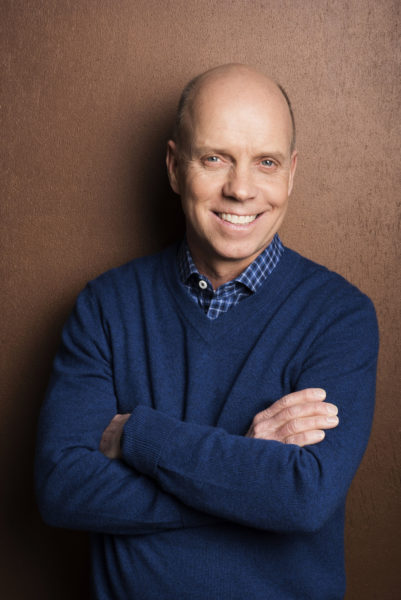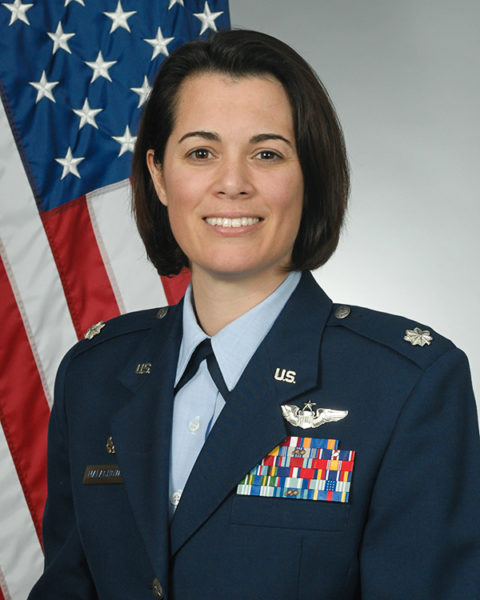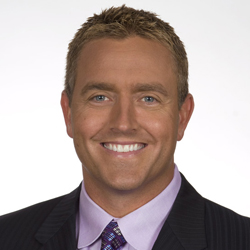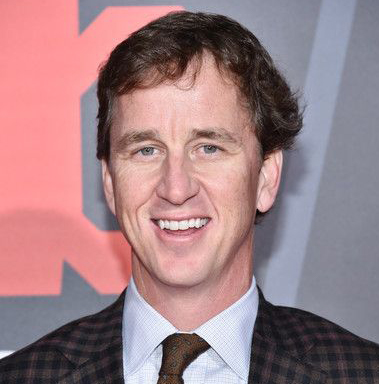PFOS: Heading to Nashville?
Tips to Help You Prepare For World Conference
Read MoreIt’s hard to believe CMAA’s 2019 World Conference has already come and gone. And what a wonderful Conference it was! A hearty thank you is in order to CMAA for being such a wonderful source of insight, inspiration, and career development and for consistently organizing such spectacular events.
The Educational Sessions this year were among some of my favorites thus far. Maybe it was the Nashville air, but man, you all really rocked the mic’s (sorry Music City — I think they managed to even outperform you)! While I was unable to attend every session, I do want to take a moment to summarize what I learned from a few of the featured speakers.

While I’m sure he needs no introduction, Scott Hamilton is a retired Figure Skater and Olympic Gold Medalist. Kudos to CMAA for pulling this one off! In his speech, Hamilton talks about the road to becoming a winner. It’s not for the faint of heart — and failing, while scary, teaches us more than anything or anyone else can. Hamilton believes that we cannot truly win if we do not fail, for it’s in those failures that we learn who we are. There’s power in standing back up after falling down. It’s an important lesson that one can’t begin to appreciate if everything comes easily.
Hamilton says that in order to achieve anything, one must fully commit to the process. It’s in the hard work, accountability, and consistency that winners are born. Little improvements each day equate to colossal improvements that inevitably breed champions. Mindset is everything — and if you have the will power to succeed, you will. If you haven’t read Outliers by Malcolm Gladwell, I highly suggest you do. He correlates 10,000 hours with success – and if anything, proves that no one becomes a “winner” overnight.
Hamilton, of course, learned this during his trajectory as a Figure Skater, but also during his battle with cancer. In 1997, Hamilton was diagnosed with testicular cancer, and while he made a remarkable return to skating after beating the disease, fate tested his will power again just seven years later. In 2004, Hamilton received the devastating news that his fight was not over. Three pituitary brain tumors later, Hamilton is still alive today and fighting to tell his story.
“You must learn how to get off the bench, put yourself out there, and go after what you want regardless of outside opinions,” says Hamilton, “The only disability in life is a bad attitude.” Diagnosed with Schwachmann’s syndrome at the age of two, his bumpy road to becoming an Olympic Hall of Famer is enough inspiration for us all and a reminder that within us, we all carry the strength to fight for our lives and for our dreams.
 Colonel Nicole Malachowski is a retired United States Air Force Officer and the first female pilot selected to fly as part of the USAF Air Demonstration Squadron, better known as the Thunderbirds. In her speech, Malachowski challenges us to embrace and harness moments of difficulty. She uses her time as a Thunderbird as an analogy to how we should all deal with change.
Colonel Nicole Malachowski is a retired United States Air Force Officer and the first female pilot selected to fly as part of the USAF Air Demonstration Squadron, better known as the Thunderbirds. In her speech, Malachowski challenges us to embrace and harness moments of difficulty. She uses her time as a Thunderbird as an analogy to how we should all deal with change.
Malachowski is often asked, “What happens when there is turbulence or headwinds while flying?” “Well…” she responds, “Turbulence and headwinds happen — you’ve all been on airliners; we don’t cancel air shows because there are a few bumps. When we hit turbulence, we have a contract with one another: fly loose.” “Loose? You’re going through bumps and changes and you want to fly loose,” people often mutter back. “Absolutely. If you have a tight grip while hitting turbulence and try to react with every single bump, you start making bigger movements and bigger corrections that are extremely dangerous when flying so close to one another, at such a fast speed. That’s not how you nurture change. Instead, we would all lighten up our grip by removing a finger or two; ultimately, flying loose. If we all go through the turbulence together and we all don’t fight it in our own different way, from our own different position, then we’re fine. We’d loosen our grip. Wiggle our fingers and toes. That’s how we got through change.”
Malachowski also challenges us to follow our dreams and to not get distracted by the noise of doubters and naysayers. She advises to not let anyone discourage you from what feeds your soul. Don’t let someone else write the script of your life. Malachowski encountered many people who said her chosen career path would be too hard — especially as a female in a male-dominated industry. She’s a prime example of what can happen when you follow your dreams and believe in yourself.


Emmy-Award Winning Analyst Kirk Herbstreit joined Cooper Manning, sports personality and host of “The Manning Hour” to discuss what creates a winning culture. Herbstreit began by diving into the importance of a team. “Everyone should be treated equally regardless of title and everyone should be measured based on the same standards and expectations,” noted Herbstreit, “Communication is key. Teams thrive when expectations are addressed and when all parties know not only what’s expected of them but also what to expect from their teammate.”
Manning and Herbstreit addressed children in sports and used the role of a parent as an example of how leaders should react to their own teammates. First, ensure they’re playing for the right reasons and that it’s their passion instead of your own. Secondly, be supportive without being critical — especially after a loss. There is a time for constructive criticism and there is a time for simply lending a hand or an ear. And third, regardless of the game’s outcome, remind them of how proud you are of the way they played and encourage them to remain humble above anything else.
There is so much to learn from the words of these four inspirational speakers — how to be a team player, hold yourself accountable, learn to communicate effectively, practice consistency, lead by example, welcome change, learn to adapt, chase your dreams wholeheartedly, and always stand back up after a failed attempt.
While individually we may all take something different from these sessions, our personal and professional lives will only flourish if we put these words to action. Speaking to that point, I also want to take a moment to congratulate the scholarship winners that were recognized during conference as well as the chapters that participated in “Chapter of the Year” — your hard work does not go unnoticed and it’s an honor working in an industry full of such motivated and passionate individuals. Additionally, I highly recommend that everyone who attended conference take advantage of the CMAA World Conference App and download the invaluable sessions available to you. Among my favorites include: Using Failure as an Attribute, First Impressions, and Assumptions, Unconscious Bias, & Stereotypes.
Managers and Club Leaders, remember to share the insights you received at Conference with your team and Board of Directors back home so that we can all make 2019 the best year yet. As always, it was a pleasure connecting with so many of you and I’m already looking forward to Texas!
If you attended Conference, which sessions moved you to action and which are you most excited to share with your team? Leave a comment below!
Comments
0 Comment(s)
Show Comments